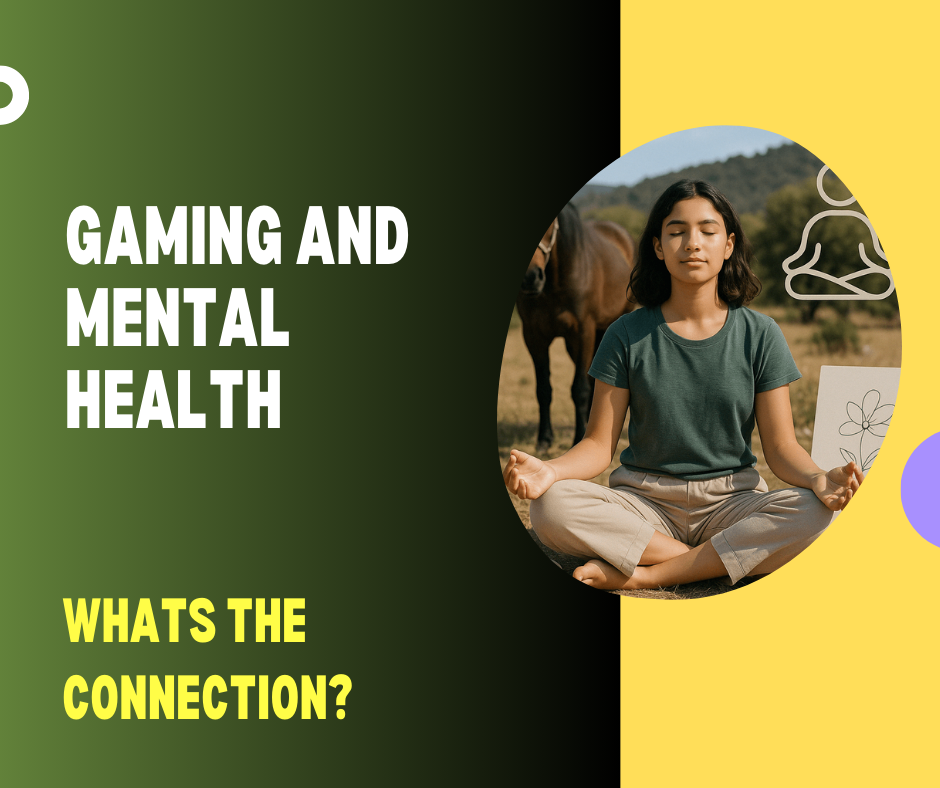What Parents Should Know About Mental Illness in Teenagers

Parents need to know that the adolescent season can be challenging. This is because it involves mood swings, changing eating habits, and the pressure of social media. It is a difficult thing for parents to differentiate between normal behavior and symptoms of mental health issues. The key to addressing any mental health condition, however, is to seek appropriate care as early as possible to help them navigate their challenges and begin developing coping skills.
- What are the warning signs of mental illness in teenagers?
- How can I differentiate between normal teenage behavior and potential mental health issues?
- What steps should I take if I suspect my teen has a mental health problem?
- How can I support my teenager’s mental well-being?
- What resources are available for parents and teenagers regarding mental health?
What are the warning signs of mental illness in teenagers?
For parents to be aware of potential mental illness in their teenagers, they must know the warning signs. The following warning signs will give them an understanding of what to look for to determine whether or not their child has a mental health disorder.
- Mood swings that seem extreme or last for long periods
- Persistent anxiety and depression
- Noticeable changes in eating habits that could signal eating disorders
- Withdrawal from friends and family, showing a loss of interest in activities they once enjoyed
- Sudden decline in academic performance or avoiding school altogether
- Signs of substance abuse
- Increased irritability or aggression without a clear cause
- Overuse of social media or isolation from in-person relationships
These red flags are crucial to look out for. As the Mayo Clinic notes, persistent behaviors that interfere with daily life are often signs of a deeper mental health disorder.
How can I differentiate between normal teenage behavior and potential mental health issues?
That behavioral changes occur is no surprise. However, mood swings or periods of withdrawal that persist for longer periods of time must be addressed.
Some key factors to differentiate between a mental health condition and normal teenage behavior are:
- Duration. Normal teenage behaviors come and go. If negative behaviors, like extreme sadness or irritability, persist for weeks or months, this could indicate a mental health disorder.
- Intensity. If your teenager’s emotions or actions seem unusually intense, such as prolonged bouts of anxiety and depression or aggression, it would be wise to consult a mental health professional.
- Functioning. Teens experiencing a mental health crisis may struggle to manage daily responsibilities such as attending school or maintaining friendships. Other functional changes would be eating habits, hygiene, or sleeping patterns.
What steps should I take if I suspect my teen has a mental health problem?
Follow these steps if you believe your teen has a mental health problem:
- Communicate openly. Try to have a calm, nonjudgmental conversation with your teen. Ask them how they are feeling and share your observations. Listening is key, as is letting them know you are only seeking to promote their well-being.
- Consult a mental health professional. If your teen exhibits consistent signs of mental illness, seeking help from a licensed therapist, counselor, or psychiatrist is essential. A mental health professional can conduct assessments and provide a diagnosis.
- Involve your family doctor. Sometimes, an underlying health issue may contribute to behavioral health challenges. A doctor can help rule out any medical causes.
- Create a support system. Help your teen build a strong support network, including family members, friends, school counselors, or a church group.
- Explore mental health treatment options. Treatments like therapy, medication, or lifestyle changes may be recommended. Early intervention is one of the best ways to manage mental health conditions. Your doctors will discuss the longevity of the plan with you and your teen, taking into account your needs.
How can I support my teenager’s mental well-being?
Supporting your teenager through mental health challenges requires both emotional and practical involvement for everyone who loves them.
The best way to help includes:
- Encouraging health coping skills. Help your teen manage stress with activities like exercise, journalism, or art. Prayer, meditation, and mindfulness practices may also reduce anxiety and depression.
- Monitoring social media usage. While social media can be a space for connection, overuse or excessive exposure to harmful content may exacerbate mental health issues. Setting reasonable limits and discussing online safety is key.
- Fostering open communication. Make your home a safe space for discussing feelings and challenges. When your teen feels heard and understood, they are more likely to open up about mental health struggles.
- Promoting healthy routines. A balanced diet, regular exercise, and proper sleep can all have a positive impact on mental health. Teens should also spend time with family and friends in person to strengthen connections.
What resources are available for parents and teenagers regarding mental health?
Here are some options for potential resources to help your teenager struggling with mental health issues:
- Mental health professionals. Consulting a therapist, counselor, or psychiatrist is a key step toward diagnosis and treatment.
- School counselors and church support programs. Many schools and churches offer mental health services for students, including counseling and support groups.
- Online resources. Websites like the American Academy of Pediatrics and the National Alliance on Mental Illness (NAMI) provide educational materials and support options for both parents and teens.
- Treatment centers. If there is substance abuse involved or severe mental health problems, you may consider inpatient or outpatient treatment programs for more intensive care.
Mental Health Treatment for Teens at Horizon Recovery
If your teenager is struggling with mental health issues, Into Action Recovery wants to help. We have an expert team of mental health professionals equipped to help with anything from anxiety disorders to mood disorders. Acting quickly is always best; reach out as soon as possible to ensure the best care for your loved one.
More posts like this
.svg)
Guiding your teen’s path to mental clarity, sobriety, and a hopeful future.
For more information or to schedule a visit, please reach out to us today. Our empathetic and caring team is here to support you every step of the way.
.svg)
.avif)
.svg)
.svg)



